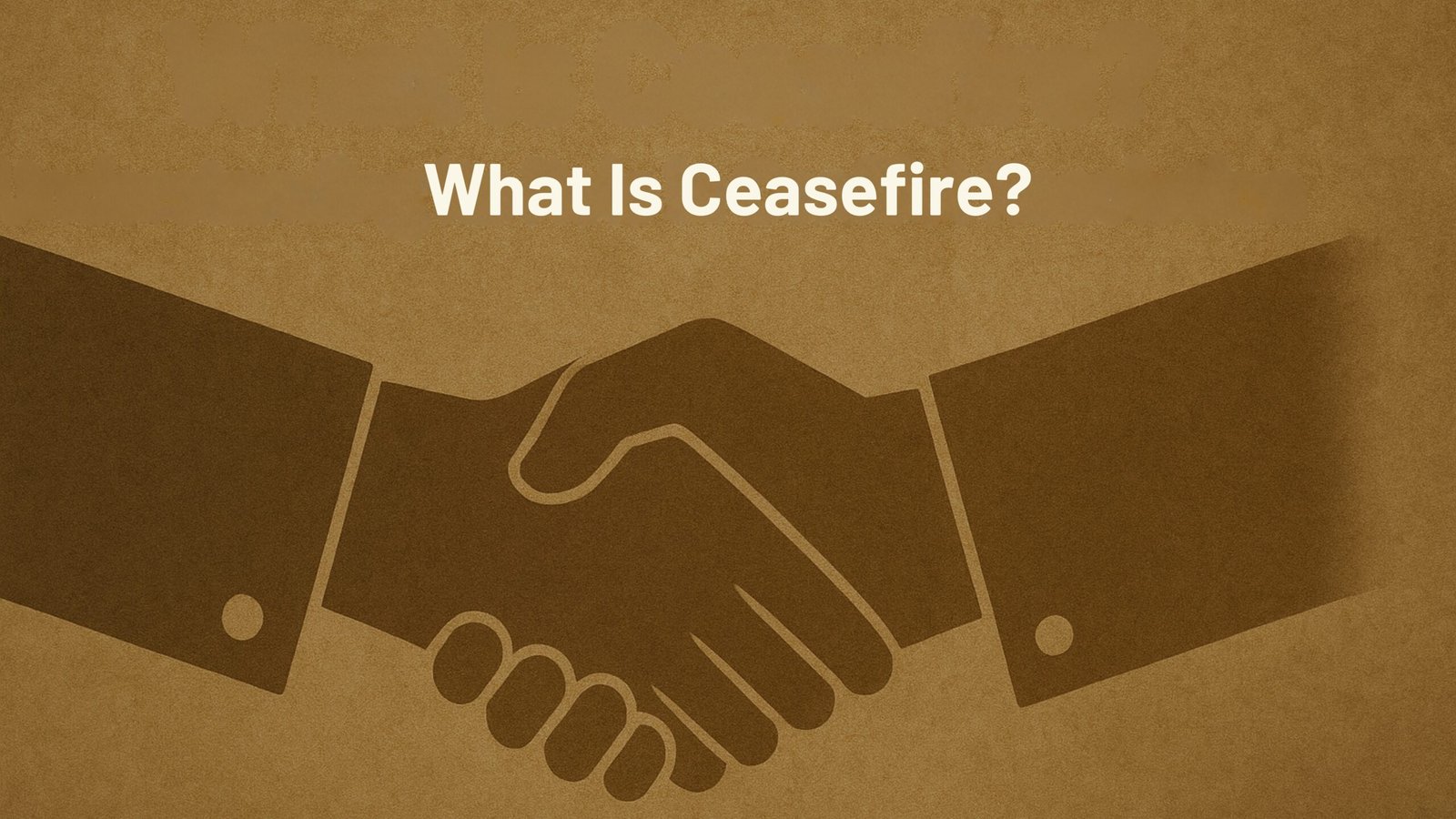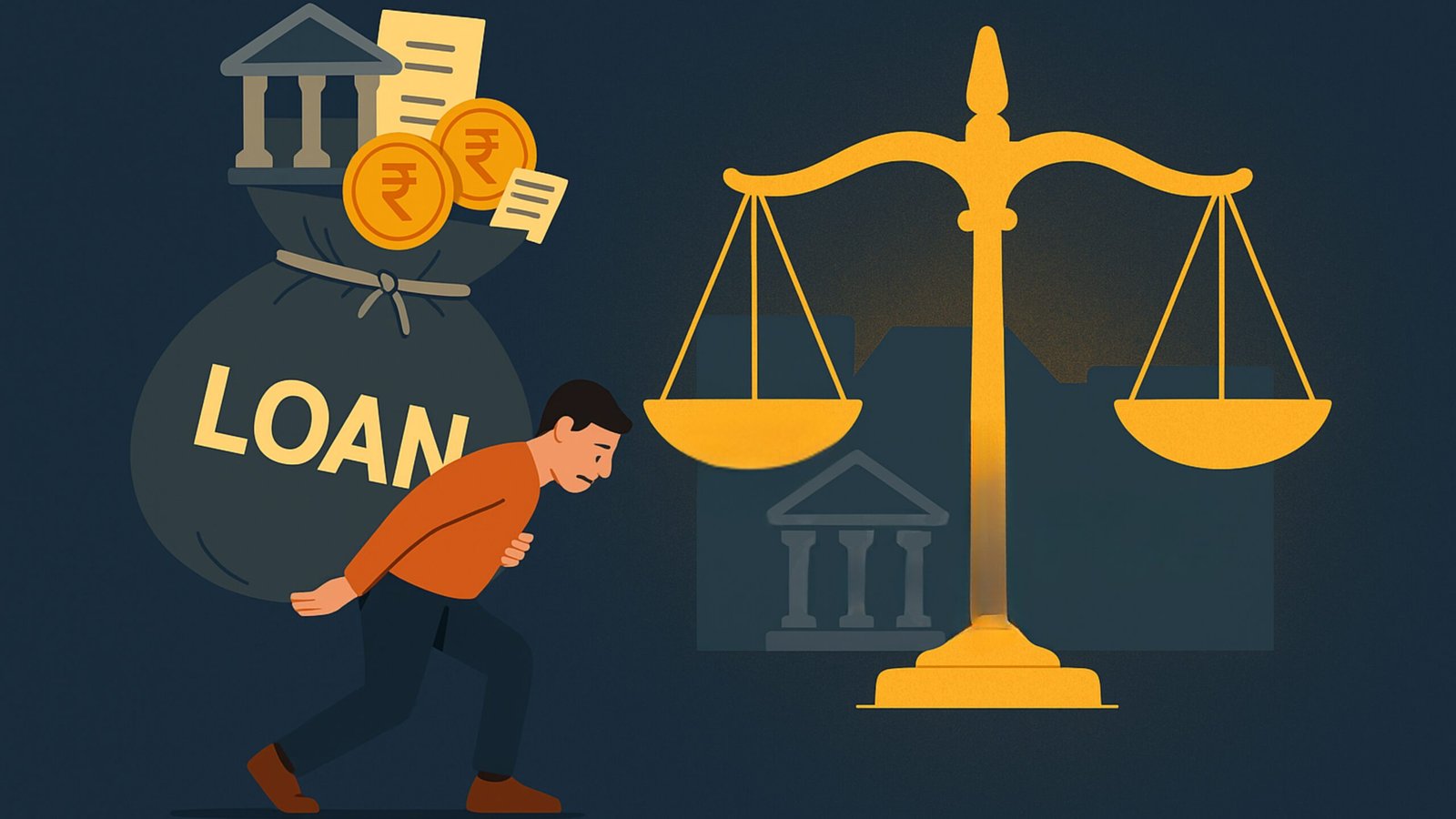On this page you will read detailed information about Customer Due Diligence.
As a business owner, one of your top priorities is protecting your company from financial crimes and reputational damage. Robust customer due diligence (CDD) is one of the most powerful weapons in your arsenal for preventing your organization from falling prey to criminals. This process includes checking your clients’ identity and risk level. Compliance with customer due diligence (CDD) procedures is not just about meeting regulatory mandate but it is also about providing trust to your customers and partners. As you read through this article, you will understand why effective customer due diligence is important and how you can follow the best practices to be able to implement it in your firm to reduce risks, while ensuring stability for the future ahead.
But before we get into that, let us explore what is customer due diligence?
Customer due diligence (CDD) is a vital process that is used by financial institutions and businesses to verify customers identity and mitigate potential risks. As they rely on customer data to reduce risk of money laundering, terrorism financing, and other criminal acts, they adopt this holistic approach of collecting and analyzing data related to customers’ identities, financial activities, and business relationships.
Key Components of CDD
It generally involves the following key components: Identity verification Address verification Beneficial ownership identification Understanding your customer’s business Ongoing monitoring of customer activity In addition, CDD is similar to Know Your Customer (KYC) and anti-money laundering (AML) processes as it is an integral part of regulatory compliance for many businesses, according to domain experts.
Levels of Due Diligence
Customer Due Diligence (CDD) can take place on a spectrum of increasing scrutiny, according to the perceived risk: Simplified CDD for customers with low-risk profiles Standard CDD for most customers Enhanced Due Diligence (EDD) for individuals or entities perceived to be high-risk/correlated Financial institutions must adopt a risk-based approach, subjecting higher-risk customers to stricter checks. This process is repeated and ongoing throughout the customer lifecycle, as based on the type of individual or organization, risk profiles may evolve and change over time.
Why Your Business Should Care About Customer Due Diligence
Customer due diligence (CDD) is an essential step in safeguarding your business against financial crimes and regulatory risks. By verifying identities and assessing the risk to the business thoroughly, can protect your business reputation and financial health.
Mitigating Financial Crime Risks
The CDD (Client Due Diligence) process involves the collection of adequate, accurate, and up-to-date information (data) needed to assess risk, which can prevent a customer from using your business and account for facilitating money laundering, terrorist financing, and other criminal activities. Good CDD includes collecting general information about customers and verifying them through official data, as well as monitoring the business activities of customers on an ongoing basis, according to Thomson Reuters. This paradigm drastically lowers the chances of your business being a target of criminals.
Ensuring Regulatory Compliance
CDD is more than just a best practice; in many cases, it’s a legal obligation. CED is required, by the laws of many jurisdictions, in both anti-money laundering (AML) and know-your-customer (KYC) regulations. Implementing customer due diligence diligently shields your business from the risk of severe penalties for failing to comply. According to Fintech Global, CDD is critical to adhering to AML and anti-bribery regulations.
Enhancing Business Relationships
To go beyond risk mitigation, CDD can even enhance your customer relationships. You can offer more customized services or you can build trust by fully grasping the needs of your clients and how their business operates. Because you know your customers better, you can now spot potential for upselling or cross-selling, leading to increased sales while providing better service to your customers.
Key Elements of an Effective Customer Due Diligence Process
Know Your Customer (KYC): Identify and Verify Customer Information
Accurate customer identification and verification is the first step to an effective CDD process. This involves gathering information such as name, address, and details from government-issued identification. It’s important for business customers to authenticate the identities of beneficial owners – those who own 25% or more or control the entity.
Assess Customer Risk Profiles
If you have collected needed data, start with the risk profile of each customer. 413:6245] This entails analyzing aspects like the location of the customer, the type of business, and the nature of transactions. Enhanced due diligence measures may be necessary for higher-risk customers such as politically exposed persons (PEPs).
Ongoing Monitoring and Screening
Customer due diligence does not stop at onboarding. Technology Implementation Continuous Monitoring Implement a continuous monitoring system to monitor suspicious activity and monitor changes in customer behavior. Screen regularly against sanctions lists and adverse media to be alert of any red flags.
Maintain Robust Documentation
Good record-keeping is crucial for CDD compliance. Develop and document policies and procedures that govern your CDD. Maintain full audit trails ofu200c all customer interactions, risk assessments and monitoring activities This documentation also facilitates regulatory compliance as well as simplifying potential iterative improvements on your CDD processes. Ensure you create an effective and comprehensive customer due diligence strategy that both protects your company and fulfills legal compliance by including the five components above.
Best Practices for Performing Customer Due Diligence
Implement a Risk-Based Approach
Sound customer due diligence (CDD) begins with a risk-based approach. On an individual basis, rate each customer’s risk level and by doing so customize your CDD measures. This helps you direct resources to better effect, layering extra due diligence where the risks are high and a light touch where they’re low.
Leverage Technology Solutions
Leverage technology to improve the efficiency and effectiveness of your CDD process. Automated identity verification systems, AI-powered transaction monitoring tools, and data analytics platforms are powerful tools that can dramatically enhance the accuracy and efficiency of due diligence efforts.
Conduct Ongoing Monitoring
Customer due diligence doesn’t stop after the first onboarding. Following this, establish processes for continuous monitoring so that any change in customer behavior or risk profile can be tracked. Keep customer information updated, and always be ready to revise your CDD procedures accordingly.
Train Your Staff
Make sure your team is fully compliant with CDD guidelines and directives. Keep everyone up to date with compliance standards and best practices with regular training sessions. The below is to help keep your consistency and effectiveness in your CDD program.
Keep Detailed and Comprehensive Records
Comprehensive documentation is essential for regulatory compliance and internal audits. For CDD activities like risk assessments, customer information, transaction monitoring results, you need to keep detailed records. Not only will this help you prove compliance, but also, it will generate insights that will be needed to adjust risk management strategies going forward.
In the previous post, we had shared information about The Importance of Enhanced Due Diligence in Business, so read that post also.
Streamlining Your Customer Due Diligence with Technology
Leveraging AI and Automation
The importance of customer due diligence (CDD) has never been more pronounced in keeping your business secure in the fast-paced financial ecosystem Executive and director level compliance professionals and anti money laundering experts rely on data that stops at October 2023. Thankfully, and despite this, new technologies, are transforming how businesses deal with this essential process. And the field of AI and machine learning is leading the way for businesses to automate data collection and analysis and risk assessment more efficiently than ever. AI-driven tools can help organizations to reduce the manual effort and can help improving the accuracy. Such advanced capabilities allow these systems to scan large volumes of information, spotting patterns and anomalies that would otherwise be likely to escape human analytical scrutiny. This not only accelerates the CDD process, but enables deeper insights for better decision-making.
Cloud-Native Solutions and Advanced Analytics
Cloud-native applications are redefining CDD through scalability, accessibility, and seamless integration capabilities. These solutions help organizations adapt faster to evolving regulatory standards and business environments. Furthermore, AI and machine learning enable advanced analytics to sharpen fraud detection and regulatory compliance efforts.
Improving Security and Effectiveness
With customer due diligence processes evermore digitalised, strong security should be a priority. State-of-the-art data privacy protocols are integrated into modern CDD platforms that help in keeping sensitive data secure. Furthermore, these technologies notably lower false-positive rates and speed up investigations, enabling compliance teams to concentrate on high-risk cases that genuinely deserve attention. Data sanitization is highly developed to ensure that the data does not infringe on the privacy of the individuals whose data is being processed.
Conclusion
By implementing strong customer due diligence practices, you protect your business from the risk of financial crime and loss of reputation. And doing so through stringent customer verification, risk assessment, and transaction monitoring, provides a reliable buffer. Keep in mind that due diligence is a continuous undertaking that must be reviewed and updated on a routine basis as regulations change. It might be challenging to get started, but the dividends at the end far outweigh the time and resources you invest in it. Focusing on customer due diligence shows that you value compliance and moral and legal business practices. Not all of this information directly concerns your company, but establishing this trust with your customers and regulators not only barricades your company, but also establishes a path for continued growth and success.
Disclaimer
The information and services on this website are not intended to and shall not be used as legal advice. You should consult a Legal Professional for any legal or solicited advice. While we have good faith and our own independent research to every information listed on the website and do our best to ensure that the data provided is accurate. However, we do not guarantee the information provided is accurate and make no representation or warranty of any kind, express or implied, regarding the accuracy, adequacy, validity, reliability, availability, or completeness of any information on the Site. UNDER NO CIRCUMSTANCES SHALL WE HAVE ANY LIABILITY TO YOU FOR ANY LOSS OR DAMAGE OF ANY KIND INCURRED AS A RESULT OR RELIANCE ON ANY INFORMATION PROVIDED ON THE SITE. YOUR USE OF THE SITE AND YOUR RELIANCE ON ANY INFORMATION ON THE SITE IS SOLELY AT YOUR OWN RISK. Comments on this website are the sole responsibility of their writers so the accuracy, completeness, veracity, honesty, factuality and politeness of comments are not guaranteed.
So friends, today we talked about Customer Due Diligence, hope you liked our post.
If you liked the information about Customer Due Diligence, then definitely share this article with your friends.
Knowing about laws can make you feel super smart ! If you find value in the content you may consider joining our not for profit Legal Community ! You can ask unlimited questions on WhatsApp and get answers. You can DM or send your name & number to 8208309918 on WhatsApp







